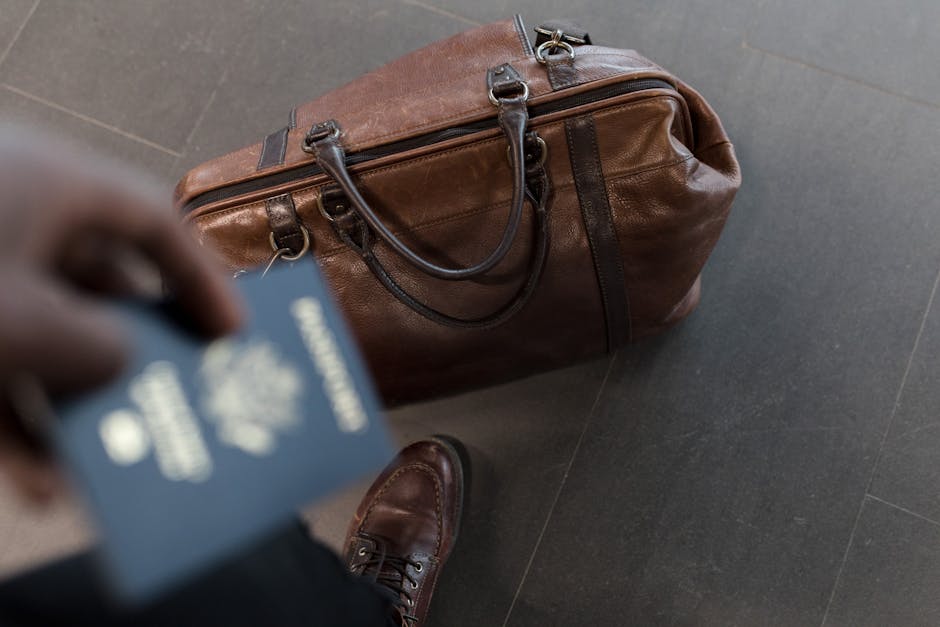In a decision that has stirred both support and criticism, Seattle officials have paused a multimillion-dollar program that provided hotel rooms for unhoused individuals. Launched during the COVID-19 pandemic, the initiative offered temporary housing for hundreds of people experiencing homelessness. However, the recent halt in filling these rooms has raised questions about the city’s long-term approach to its ongoing homelessness crisis.
The Program’s Origins and Initial Success
The hotel room shelter program began in 2020 as part of Seattle’s efforts to protect vulnerable populations during the pandemic. With shelters operating at reduced capacity due to social distancing guidelines, the city leased over 1,000 hotel rooms to provide safe, private accommodations. Funded by federal COVID-19 relief funds and local resources, the program cost millions of dollars annually.
For many participants, the program was transformative. Hotel rooms offered stability, privacy, and access to basic amenities—luxuries often unattainable for those living on the streets. The initiative also included support services like case management, mental health counseling, and job placement assistance, helping some individuals transition to permanent housing.
The Decision to Scale Back
Despite its successes, the program faced criticism for its high costs and perceived lack of long-term impact. Recently, Seattle officials stopped filling vacant hotel rooms, citing budget constraints and a shift toward permanent housing solutions. The city is now focusing on expanding affordable housing projects and investing in supportive housing.
Critics argue that scaling back the program neglects immediate needs. “Hotel rooms were never a permanent solution, but they provided crucial relief,” said Sarah Johnson, a local homelessness advocate. “Ending this program leaves vulnerable individuals with fewer options.”
The Broader Context of Seattle’s Homelessness Crisis
Seattle’s homelessness crisis has persisted for years, driven by high living costs and a shortage of affordable housing. According to the latest Point-in-Time count, over 13,000 people in King County experience homelessness on any given night. While the hotel program offered temporary relief, it didn’t address the systemic issues fueling the crisis.
City officials defend their focus on permanent housing. “We’re committed to sustainable solutions that tackle the root causes of homelessness,” said Mayor Bruce Harrell. “The hotel program served its purpose during the pandemic, but our long-term goal is ensuring access to stable, affordable housing.”
Mixed Reactions from the Community
The decision has sparked mixed reactions. Some residents and business owners support the move, citing the program’s high costs and limited impact on visible homelessness. Others fear the reduction in shelter options will worsen the crisis, especially as winter approaches.
“We’re already seeing more people on the streets and in encampments,” said Marcus Lee, a local outreach volunteer. “The city needs a balanced approach that combines immediate relief with long-term solutions. Cutting the hotel program without a clear plan is a step backward.”
Looking Ahead
The debate over the hotel room program underscores the challenges of balancing immediate needs with sustainable solutions. While Seattle’s focus on affordable housing is commendable, advocates stress the importance of maintaining interim measures to support those in need.
As Seattle navigates its homelessness crisis, the future of its unhoused population remains uncertain. Addressing this complex issue will require a multifaceted approach that prioritizes both compassion and practicality.
What’s your take on Seattle’s decision to stop filling hotel rooms for the unhoused? Share your thoughts in the comments below.




